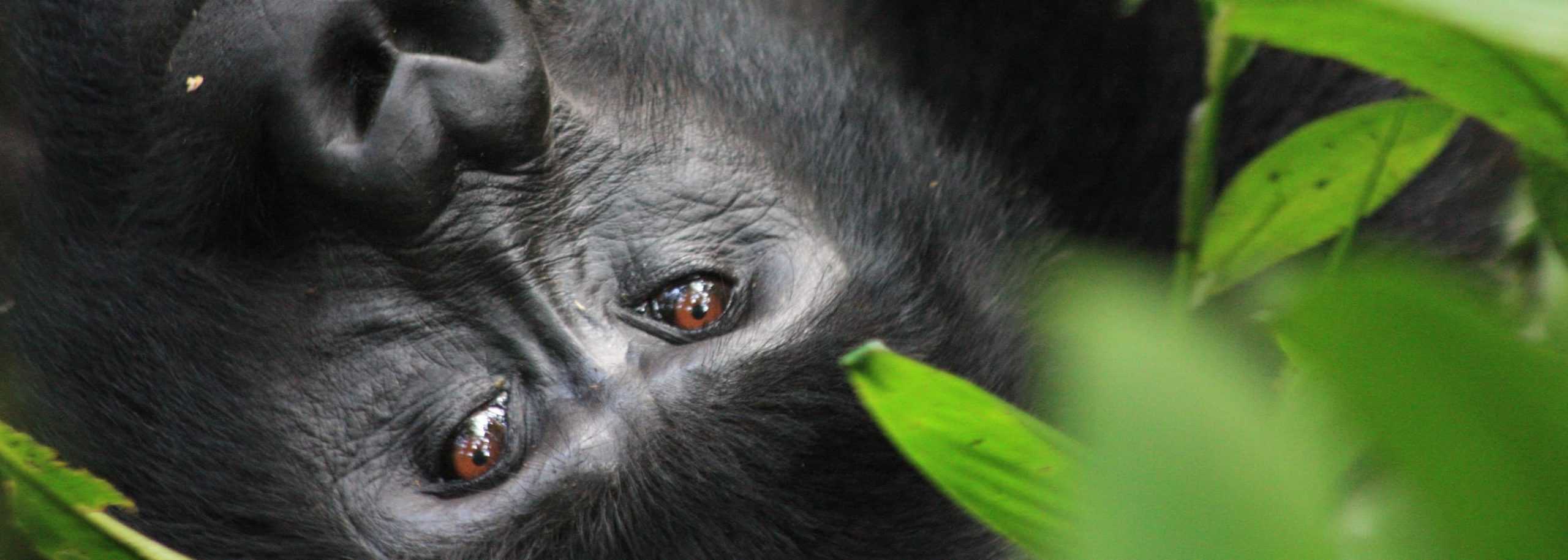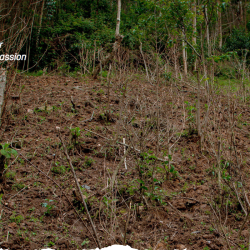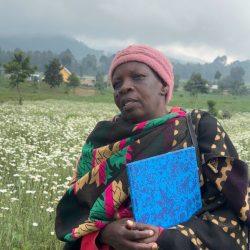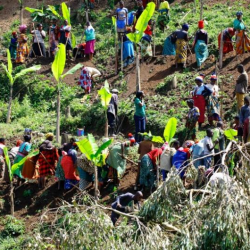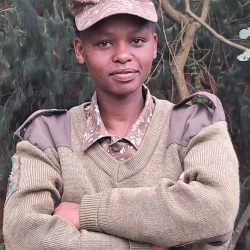W4V Hands Over 560 Rain Water-Harvesting Tanks to Park Edge Communities in Rwanda
Blog | 8/12/20
“We are grateful for this provision. These tanks will collect and store rain water from the volcanoes that could often wash away our crops. We also hope that this will consequently reduce water run offs, soil erosion and promote soil conservation as well as foster improved farm yields” , said Pierre Damien Hakizayezu , the Joint Action Development Forum Officer at Burera District, during a provisional tank handover ceremony in Burera.
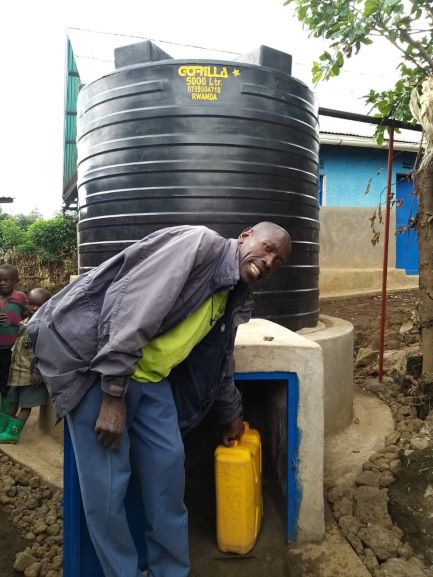
Since its initiation in 2018, the W4V Integrated Watershed Management Project has constructed 560 rainwater harvesting tanks. All the constructed tanks have provisionally been handed over to park edge communities in Rubavu, Nyabihu, Burera and Musanze Districts. The W4V Integrated Watershed Management Project aims at reducing conflicts in and aroundg park edge communities through increased access to safe and clean water and improved watershed utilization in the Virunga area. According to the W4V Rwanda Project Officer ,Beatrice Mukasine , “Officially handing over the tanks to the communities promotes ownership of the project and allows for proper utilization and management of the rain water facilities.”
Beatrice explains that the household plastic water tanks will help in harvesting rain water that often causes run offs. Water run-offs have been an outstanding challenge in Burera, Nyabihu, Musanze and Rubavu districts for a long time.
“The provision of household water tanks will also help in reducing human presence in the park and in mitigating conflict between the park and the surrounding communities that illegally frequent the park for water and other resources” Beatrice adds.
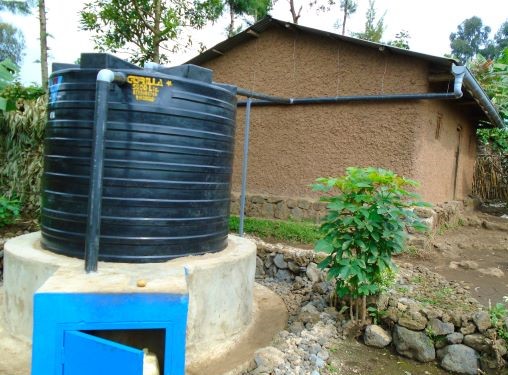
Some of the community members spoken to in Burera and Nyabihu districts reveal that access to safe and clean water has been a historical challenge in the community, adding that several of them lacked the capacity to establish a reliable water management system that could allow for proper harvesting and utilization of rain water. Because of the hilly landscape, in Burera, Nyabihu, Musanze and Rubavu districts, water run offs, flooding, soil erosion and consequent poor harvests are rampant.The search for water exposed communities to several dangers including dangerous wild animals in the Park.
“We used to trek for 2 kilometers into the national park to fetch water. And a couple of times we has encounterswith dangerous animals like buffalos” said Jean Damascene Nzaboninka, a resident of Muhabura cell in Musanze District.
Lack of water also caused economic and health challenges within the communities. “I recall some neighbours sold off their cattle because they were unable to sustain their water consumption” Nzaboninka shares. Nzaboninka adds that children often missed or went late to school because they had to first fetch water for their families.
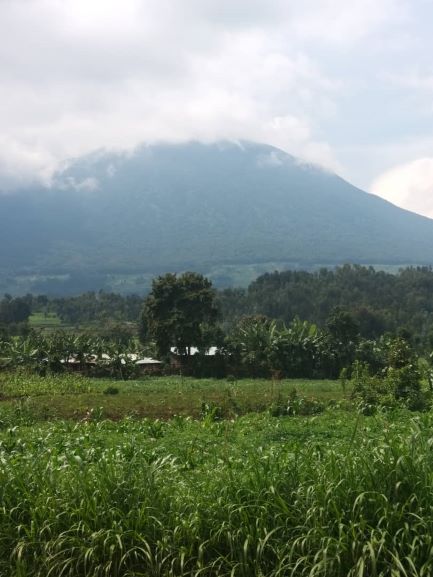
Sharing her experience Aliance Nzabakurikiza from Nyabihu District, says, maintaining good hygiene was challenging without reliable water. “Our children would go days without a proper bath, utensils and clothes too were not regularly washed, that’s besides consumption of unsafe water. To say the least, most children were always sick from Diarrhea.”
With the capacity to collect and store 5000 litres of water , the house hold water tanks will support small scale irrigation farming , livestock rearing and promote improved household hygiene practices.
To ensure sustainability of the infrastructure, 19 community-based water management committees have been set up to oversee the management of the house household water tanks. The committees along with the beneficiaries have also been trained and empowered with knowledge and skills in water utilization, sanitation and management. It is the hope of Water 4 Virunga that the provision and hand over of household water tanks to the communities will not only improve farming and household hygiene but will also reduce water related conflicts and ensure harmonious living among the community and between the community and the park.
